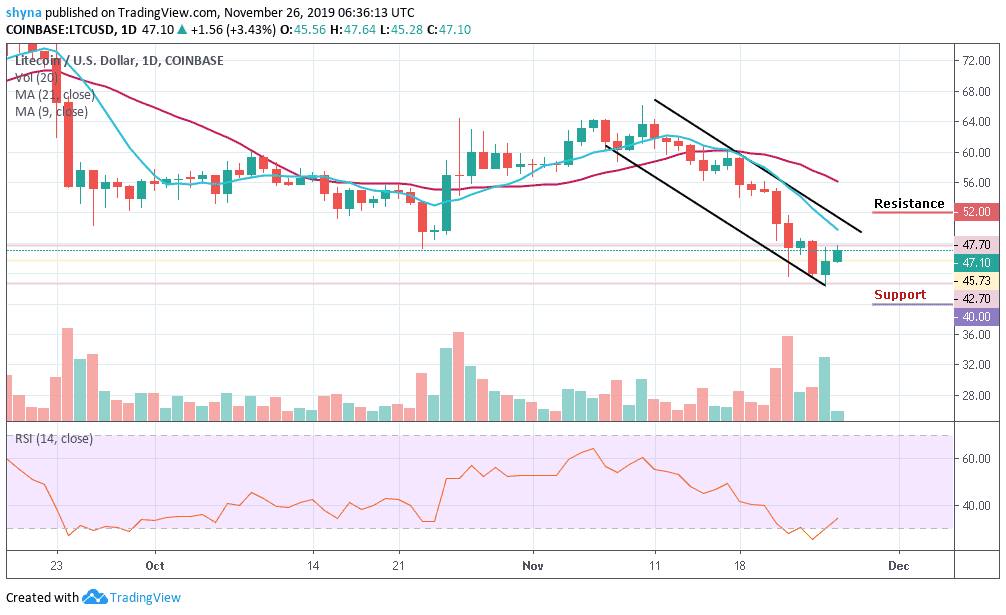Join Our Telegram channel to stay up to date on breaking news coverage
Gladius Network LLC., a once-budding blockchain firm, has announced that it will be closing down its operations. The announcement, which was delivered via a Telegram update on November 21, is coming just a few months after the firm settled charges with the United States Securities and Exchange Commission (SEC) over the sales of unregistered securities.
The charges in question were related to its Initial Coin Offering (ICO) in 2017, where the company made about $12.7 million. As part of the February 2019 settlement terms, Zaheer SEC instructed Gladius to refund its investors. The blockchain firm will not be punished further as it had self-reported its token sale to the regulator.
Reimbursement Obligations Hit Gladius’ Bottom Line
The Washington-based firm was also required to file a registration settlement by May 20, 2019, as part of the settlement. Although the deadline was extended until November 18, it remains unclear whether the firm went through with it.
‼️ Another unregistered ICO offering (Gladius Network) bites the dust, but this is extra important:
Because Gladius self-reported to the SEC, expressed an interest in taking prompt remedial steps, and cooperated with the investigation– the SEC did *NOT* impose a penalty.
— Katherine Wu (@katherineykwu) February 20, 2019
Regardless, the fact that it had to refund all its investors affected the company’s operational budget, and according to the announcement, this was the reason for its shutdown.
“Despite our best efforts, the company no longer has funds to continue operations. We regret to inform you that Gladius Network LLC has ceased operations effective immediately,” the announcement summarized. Regardless, the company claimed that it would be leaving its code on GitHub for the next three months, thus providing an opportunity for anyone to work with their own version of the project.
“We still believe in the power of our technology, and if anyone in the community is interested in pursuing it, we welcome it,” Gladius said.
Telegram and the GRAM Token
Most notable among these firms is Telegram itself. The London-based mobile messaging company has been working on releasing its own token, the GRAM, as well as a blockchain project which it subbed the Telegram Open Network. All hands were on deck, with the GRAM set to go live at the end of October.
However, the SEC swiped in at the last minute, hitting Telegram with a suit which alleged that the company’s 2017 ICO, where it raised a reported $1.7 billion, was illegal. The SEC explained that the GRAM tokens are securities, and by not registering the ICO with the regulator, Telegram was in direct violation of the Securities Act of 1933.
Following its suit, Telegram issued a counterclaim, adding that its GRAM tokens are not securities. Filings have been traded between both parties, with a trial now set for February 2020.
Will Libra be classified a Security?
The SEC could also have a showdown with Facebook, after CNBC reported on November 21 that two American representatives proposed a bill that would put the social media giant’s Libra stablecoin under SEC’s jurisdiction.
The bill, which has been dubbed the “Managed Stablecoins are Securities Act of 2019,” aims to clearly classify Libra as security, thus excluding any form of ambiguity. However, David Marcus, the Head of Blockchain at Facebook, already clarified at a House of Representatives hearing that Libra is a commodity, not security.
Surely, there will be a consortium of people who will begin to believe that the SEC is starting to overreach its ability to regulate assets, as it seems to be trying to classify all crypto tokens as securities.
Join Our Telegram channel to stay up to date on breaking news coverage

